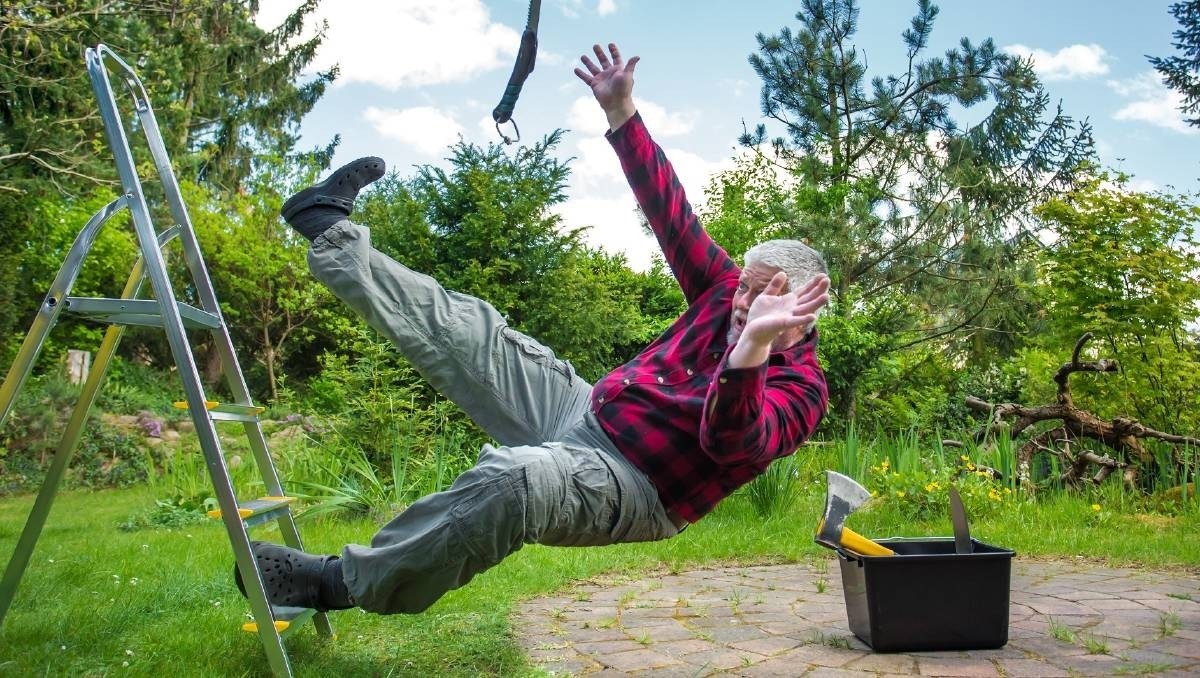

Articles
What To Do If You Fall Off A Ladder
Modified: January 8, 2024
Discover helpful articles on what to do if you fall off a ladder. Learn step-by-step instructions and safety tips to prevent accidents and injuries.
(Many of the links in this article redirect to a specific reviewed product. Your purchase of these products through affiliate links helps to generate commission for Storables.com, at no extra cost. Learn more)
Introduction
Accidents can happen to anyone, even in seemingly everyday tasks. One such task that can lead to unexpected mishaps is using a ladder. Whether you’re a professional tradesperson or simply doing some DIY work around the house, falling off a ladder is a frightening experience that can result in serious injury. Knowing what to do in such a situation is crucial to minimizing further harm and ensuring a speedy recovery.
In this article, we will discuss the appropriate steps to take if you find yourself in the unfortunate position of falling off a ladder. It’s important to note that prevention is always better than cure, so taking proactive safety measures is essential before engaging in any ladder activity. Nevertheless, accidents can still occur, so it’s crucial to be prepared and educated on how to address them.
From assessing the situation to seeking medical attention, we will guide you through the necessary actions to take after a ladder fall. Each step plays a vital role in ensuring your well-being and getting you back on your feet. Let’s dive in and explore the proper protocol for handling this type of incident.
Key Takeaways:
- Assess the situation and determine the extent of injuries after falling off a ladder. Prioritize safety, seek medical attention promptly, and report the incident to prevent future accidents.
- Learn from the experience, reflect on safety measures, and share insights to promote a safer environment for ladder users. Prioritize caution, education, and proactive prevention.
Read more: What Happens If A Dryer Vent Falls Off
Assess the Situation
Immediately after a fall from a ladder, it’s important to assess the situation and evaluate the extent of the potential injuries. Take a moment to take a deep breath and collect yourself. Look around and assess the environment for any immediate hazards that could further endanger your safety.
Check to see if the ladder is still stable and secure, as a weakened or faulty ladder may pose a risk to others. If possible, move away from the ladder to a safe location away from any potential hazards or falling objects.
Next, conduct a self-assessment to determine your level of discomfort or pain. While adrenaline may mask some pain initially, be honest with yourself about any potential injuries you may have sustained. It is important not to ignore any signs of injury, as even small seemingly insignificant injuries can worsen if not properly addressed.
If you are unable to assess the situation on your own or if you are experiencing severe pain, it is crucial to seek assistance as soon as possible. Do not hesitate to call for help, especially in situations where you are unable to move or there are other serious hazards present.
By assessing the situation and being aware of your surroundings and physical condition, you can take the necessary steps to ensure your own safety and prompt medical attention if required.
Determine if You Are Injured
After a fall from a ladder, it’s important to determine if you have sustained any injuries. Even if you feel fine initially, it’s crucial to remember that some injuries may not be immediately apparent. Adrenaline can mask pain and make it difficult to assess the extent of your injuries in the immediate aftermath of a fall.
Start by checking for any visible signs of injury such as cuts, bruises, or swelling. These are usually the most obvious indicators of a fall-related injury. If you notice any bleeding, apply light pressure using a clean cloth to help control it. However, avoid removing any objects that may be lodged in the body, as doing so might worsen the injury.
Next, pay attention to any pain or discomfort you may be experiencing. Take note of any areas that feel tender, painful, or numb. This could indicate a possible fracture, sprain, or other internal injuries.
Keep in mind that certain injuries, such as head trauma or internal damage, may not present immediate symptoms. It’s important to remain vigilant and monitor yourself for any delayed signs of injury, such as dizziness, headaches, confusion, or difficulty breathing. These could be indicative of a more serious condition that requires medical attention.
If you suspect you have sustained an injury, it is always better to err on the side of caution and seek medical assistance. Self-diagnosis can be challenging, and a healthcare professional can provide a comprehensive evaluation and recommend appropriate treatment. Remember, early intervention and proper medical care can significantly improve your chances of a speedy recovery.
In the event that you determine you are not injured, it’s still essential to monitor your condition closely in the hours and days following the fall. Sometimes, injuries may manifest themselves gradually. If you notice any unusual symptoms or your condition worsens, seek medical attention immediately.
By assessing your body for visible signs of injury and paying attention to any associated pain or discomfort, you can make a more informed decision about whether or not to seek medical assistance and ensure your well-being after a fall from a ladder.
Call for Help
After a fall from a ladder, it is crucial to call for help as soon as possible, especially if you are unable to move or if there are other serious hazards present. This step is essential to ensure your safety and to expedite your rescue or medical assistance.
If you have a phone on you, dial emergency services right away. In many countries, the emergency number is 911, but be sure to research and use the appropriate number for your location. When making the call, remain calm and provide a clear and accurate description of the situation. Be prepared to answer questions about your location, your condition, and any other relevant information.
If you are unable to reach your phone or do not have one with you, try to attract attention by yelling for help or using any available means to make noise. If there are people nearby, they may be able to hear you and come to your aid. Additionally, if you are on a worksite or in a public area, there may be emergency procedures in place that can be activated to summon help quickly.
When calling for help, it’s important to convey the urgency of the situation, especially if you are experiencing severe pain or have reason to suspect a more serious injury. Always prioritize your well-being and do not hesitate to ask for assistance.
Remember, time is crucial in situations where medical attention may be needed. By promptly calling for help, you can ensure that appropriate assistance is on the way and increase the chances of receiving timely medical care.
Safely Get Off the Ground
After a fall from a ladder, it’s important to safely get off the ground to minimize the risk of further injury. While it may be tempting to get up quickly, it’s paramount to proceed with caution and prioritize your safety.
If you are able to move without exacerbating any potential injuries, carefully assess the surroundings to identify a stable surface. Look for a nearby wall, sturdy furniture, or any other object that can provide support as you attempt to stand. Use your arms and legs to push yourself up slowly, making sure to distribute your weight evenly.
Take small steps and move cautiously to avoid putting excessive strain on any injured areas. If you feel lightheaded or dizzy, take a moment to sit or lie down and allow your body to gradually adjust. Trying to rush the process can lead to further accidents or aggravate existing injuries.
If you are unable to get up on your own or experience severe pain when trying to move, it is crucial to wait for medical help to arrive. Moving without proper assistance in these situations can worsen your condition and cause further harm.
In cases where you have fallen from a significant height or suspect a spinal injury, it is absolutely critical to avoid any movement and wait for professional medical assistance. Immobilize yourself to the best of your ability and communicate this information to the emergency responders when they arrive.
Remember to prioritize your safety and never push yourself beyond your limits. If you are unsure about your ability to safely get off the ground, it is better to wait for medical professionals to assess the situation and provide appropriate assistance.
By taking your time, using support structures when available, and moving cautiously, you can safely navigate getting off the ground after a fall from a ladder.
When falling off a ladder, try to tuck your chin to your chest and roll with the fall to distribute the impact. This can help reduce the risk of serious injury.
Read more: When Is Fall Protection Required On A Ladder
Seek Medical Attention
After experiencing a fall from a ladder, seeking prompt medical attention is crucial to ensure proper diagnosis and treatment of any injuries you may have sustained. Even if you believe your injuries to be minor, it is important not to underestimate the potential long-term effects or complications that can arise.
If you are in a critical condition or unable to move, emergency medical services should already be on their way if you called for help. However, if you are able to move and it is safe to do so, make your way to the nearest healthcare facility for evaluation by a medical professional.
Upon arrival at the facility, inform the medical staff about your fall from a ladder and any symptoms you are experiencing. They will assess your condition, perform any necessary tests, and determine the appropriate course of treatment. Remember to provide as much detail as possible about the incident to aid in their evaluation.
Depending on the severity of your injuries, the medical professional may recommend further diagnostic tests such as X-rays, CT scans, or MRIs. These tests can help identify any hidden injuries or fractures that might not be immediately visible.
It’s important to follow the advice and instructions provided by healthcare professionals, as they have the expertise to guide you through the recovery process. This may include prescribing medication, recommending physical therapy, or scheduling follow-up appointments to monitor your progress.
Even if you initially declined medical attention at the scene, it is still advisable to seek medical assessment within 24 hours of the incident. Injuries can sometimes present delayed symptoms, and it’s better to be safe and get a proper evaluation to avoid potential complications or further damage.
Remember that seeking prompt medical attention not only helps identify and treat any injuries but also provides documentation of the incident. This documentation may be required for insurance claims, workplace accidents, or legal purposes.
Ultimately, the goal of seeking medical attention is to ensure your well-being, receive appropriate treatment, and facilitate a smooth recovery process. By prioritizing your health and adhering to the advice of healthcare professionals, you can increase the chances of a successful rehabilitation and return to normal activities.
Report the Incident
Reporting the incident of falling off a ladder is crucial for several reasons. It not only helps ensure proper documentation of the event but also plays a pivotal role in implementing necessary safety measures and preventing similar accidents in the future.
If the ladder fall occurred within a work environment, promptly report the incident to your supervisor, manager, or the appropriate authority. Provide a detailed account of what happened, including the location, date, time, and any contributing factors or hazards that may have led to the fall. This information will help create a record of the incident and allow the company to investigate and take appropriate action.
It is equally important to report the incident to an occupational health and safety representative or department. They can assess the circumstances surrounding the fall, identify any lapses in safety protocols, and implement measures to prevent similar accidents in the future. This reporting process is crucial for maintaining a safe work environment for all employees.
Even if the ladder fall occurred at home or in a non-work setting, it is still essential to report the incident. Inform family members, friends, or other relevant individuals who may need to know about the accident. This communication helps create awareness and can be instrumental in seeking ongoing support during your recovery.
In some cases, you may need to report the incident to your insurance provider. This is particularly important if you sustained significant injuries or if property damage was involved. Provide them with all relevant details regarding the circumstances of the fall, as this documentation may be necessary for any claims related to medical expenses or repairs.
Lastly, if the ladder fall occurred in a public space, consider informing the relevant authorities or property managers. This can help raise awareness of any potential hazards that need addressing, preventing other individuals from encountering similar accidents in the future.
By reporting the incident, you contribute to a culture of safety and accountability. Proper documentation and investigation help identify potential risks and improve safety measures, ultimately reducing the likelihood of future ladder-related accidents.
Learn from the Experience
Experiencing a fall from a ladder can be a distressing and eye-opening event. While the focus should be on your recovery, it is also important to take the time to reflect on the incident and learn from the experience. By doing so, you can help prevent future accidents and promote a safer environment for yourself and others.
Start by considering the factors that contributed to the fall. Was the ladder properly secured? Were you properly trained on ladder safety? Were there any hazards in the area that could have been avoided? Identifying these factors can help you understand what went wrong and make the necessary changes to prevent similar incidents in the future.
Reflect on your own actions leading up to the fall. Were you rushing or not paying proper attention? Did you underestimate the risks associated with using a ladder? Assess your mindset and behavior during the incident, and use this as an opportunity to develop a more cautious and safety-conscious approach in the future.
Review ladder safety guidelines and procedures. Educate yourself on proper ladder usage, including how to set up and stabilize a ladder, how to maintain three points of contact, and how to avoid common mistakes. Understanding and implementing these safety measures can significantly reduce the risk of falling off a ladder.
Consider seeking additional training or certification in ladder safety. Various organizations offer courses and certifications specific to ladder usage. These programs can provide you with valuable knowledge and skills to ensure safer ladder practices in the future.
Share your experience with others. Whether it’s colleagues, friends, or family members, discussing your ladder fall can help raise awareness about the importance of ladder safety. By sharing your story, you can inspire others to be more vigilant and take the necessary precautions to prevent accidents.
Lastly, don’t be too hard on yourself. Accidents happen, and it’s essential to use the experience as a learning opportunity rather than dwelling on feelings of guilt or embarrassment. Use the incident as motivation to become better informed, more cautious, and proactive in promoting safety.
By learning from the experience, implementing necessary changes, and sharing your insights, you can turn a negative event into a catalyst for personal growth and contribute to a safer environment for yourself and others.
Conclusion
Falling off a ladder can be a frightening and potentially dangerous experience, but knowing how to handle the situation is crucial for your safety and well-being. By following the proper steps after a ladder fall, you can minimize further harm and ensure a smoother recovery.
Start by assessing the situation and determining the extent of any injuries. If necessary, call for help and wait for medical assistance to arrive. While waiting, try to safely get off the ground, taking caution not to exacerbate any injuries.
Once you have secured yourself, seek medical attention promptly. Even if you believe your injuries to be minor, it is essential to receive a proper evaluation from a healthcare professional to rule out any underlying issues.
Reporting the incident is also crucial, whether it occurred at work, home, or in a public space. Reporting helps create awareness, enables proper investigation, and prevents similar accidents from happening in the future.
Lastly, take the opportunity to learn from the experience. Reflect on what went wrong, educate yourself on ladder safety, and make the necessary changes to prevent future accidents. Share your story with others to raise awareness and promote a culture of safety.
Remember, accidents can happen to anyone. It’s essential to prioritize your safety, take preventative measures, and be prepared for any unexpected situations. By being informed, cautious, and proactive, you can minimize the risks associated with ladder usage and ensure a safer environment for yourself and those around you.
Frequently Asked Questions about What To Do If You Fall Off A Ladder
Was this page helpful?
At Storables.com, we guarantee accurate and reliable information. Our content, validated by Expert Board Contributors, is crafted following stringent Editorial Policies. We're committed to providing you with well-researched, expert-backed insights for all your informational needs.


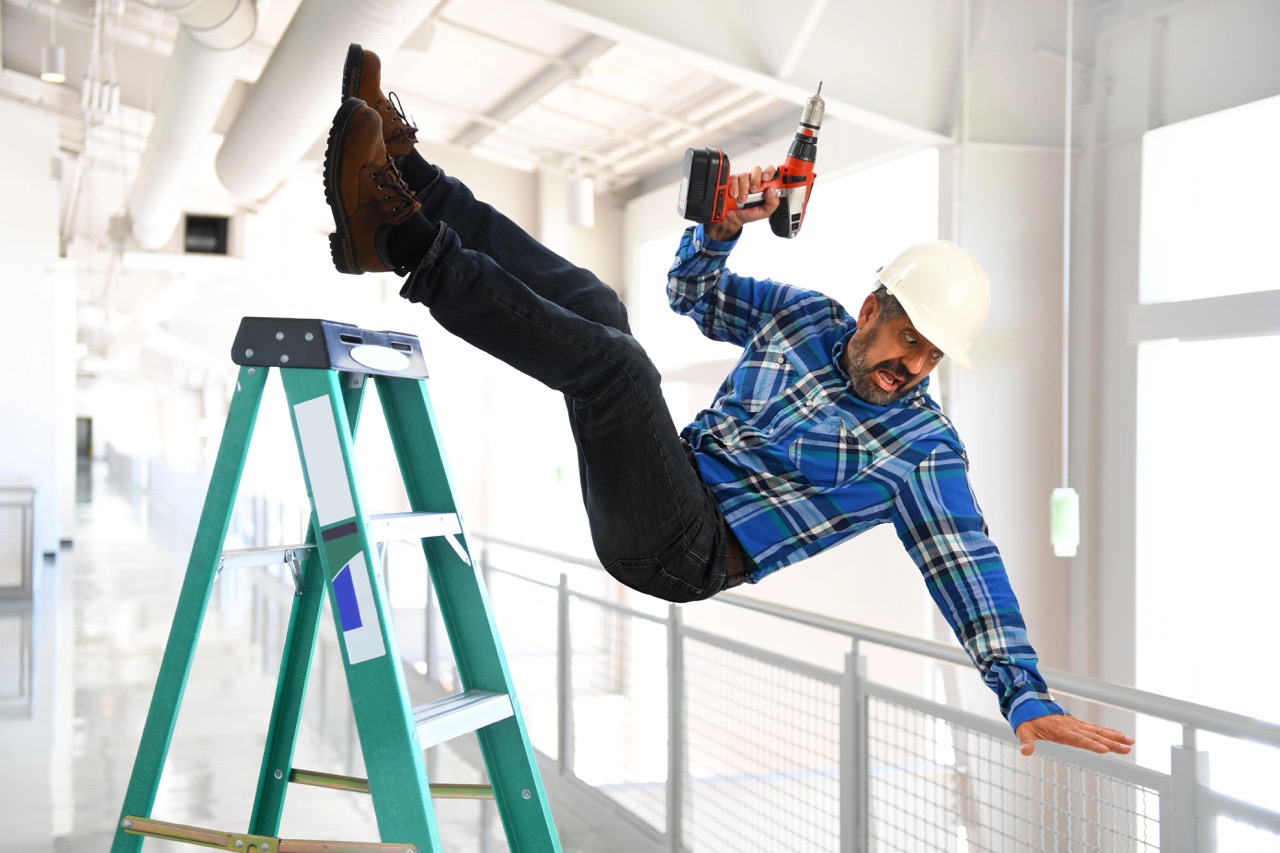
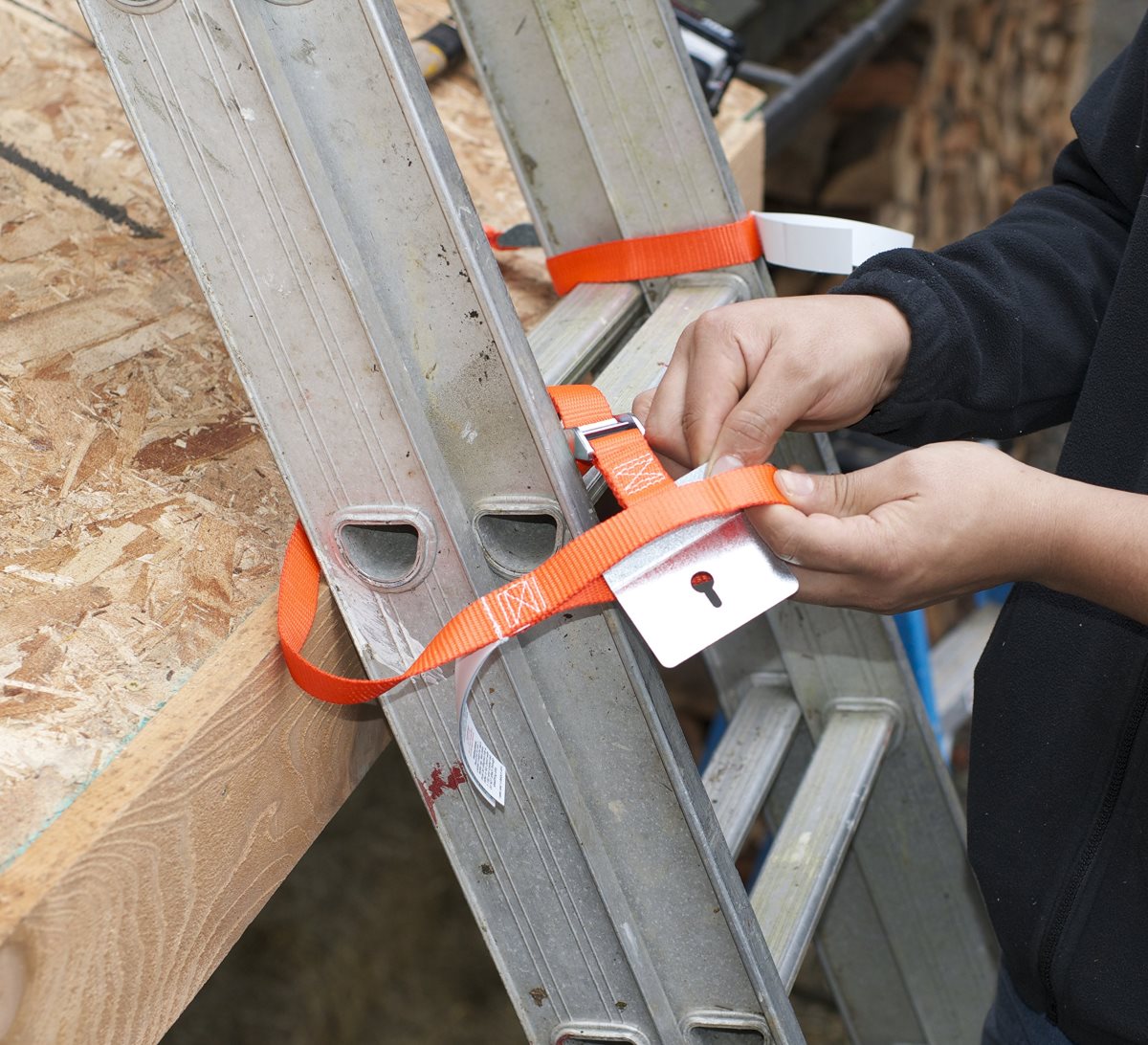
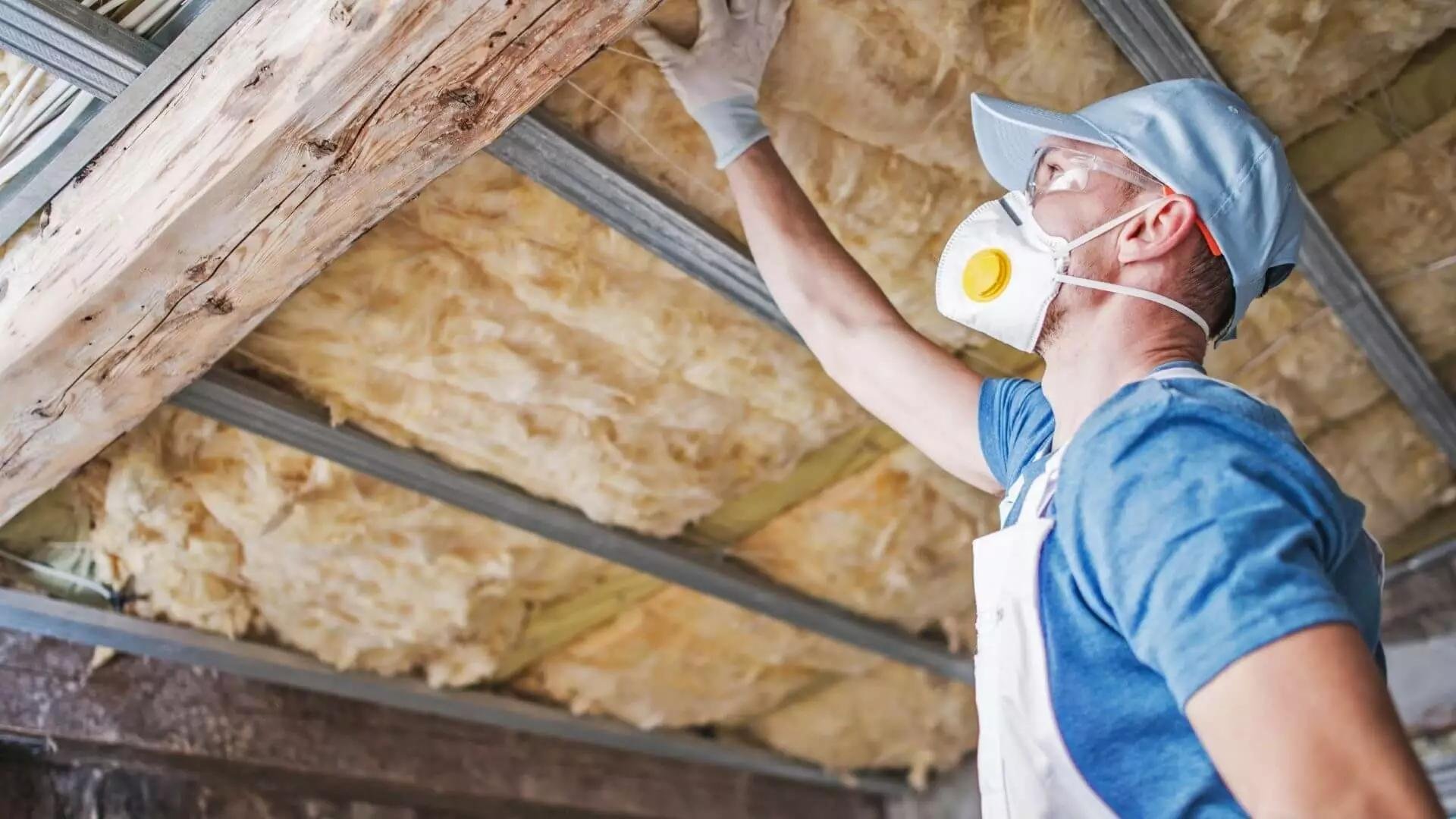
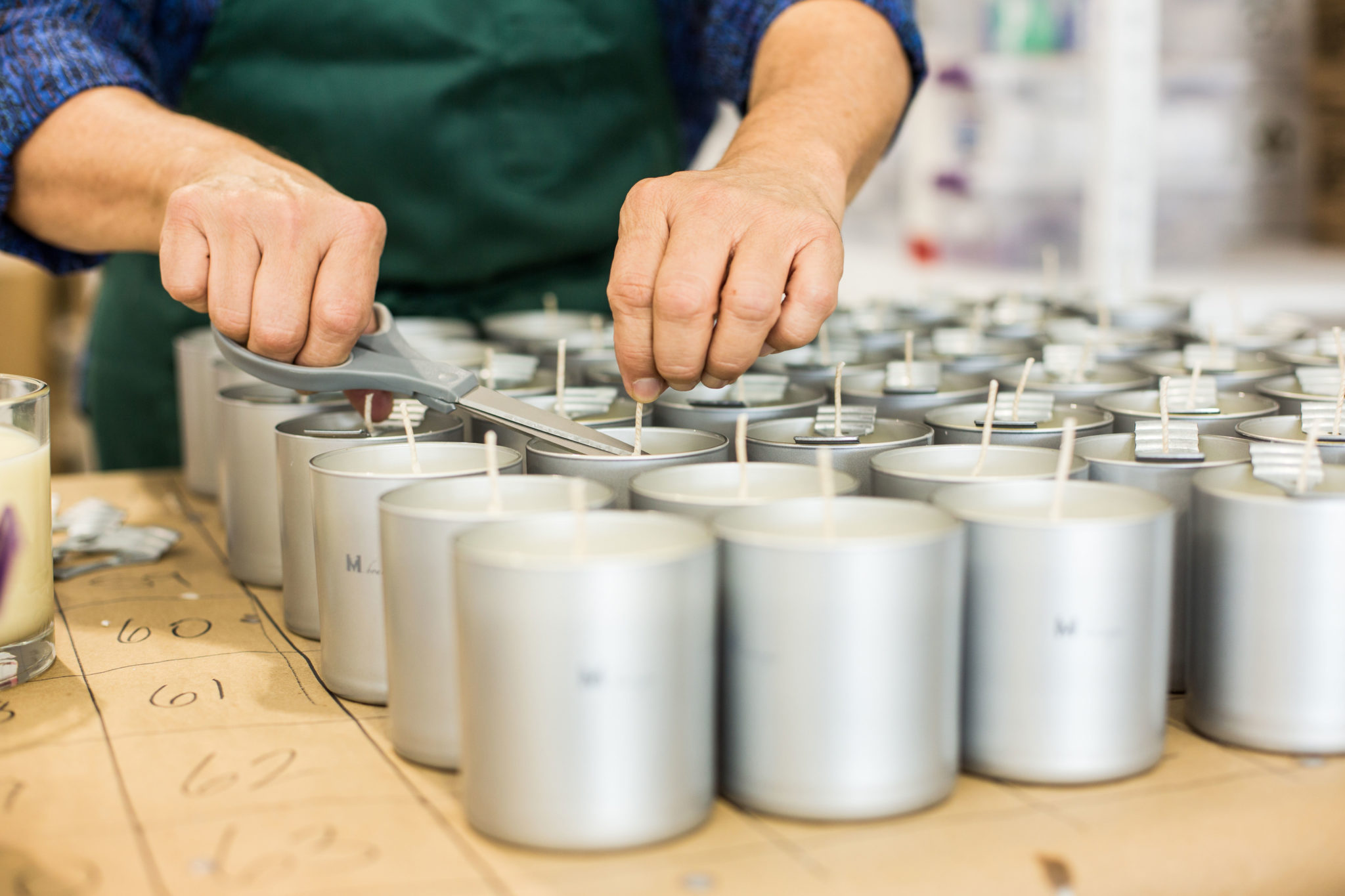
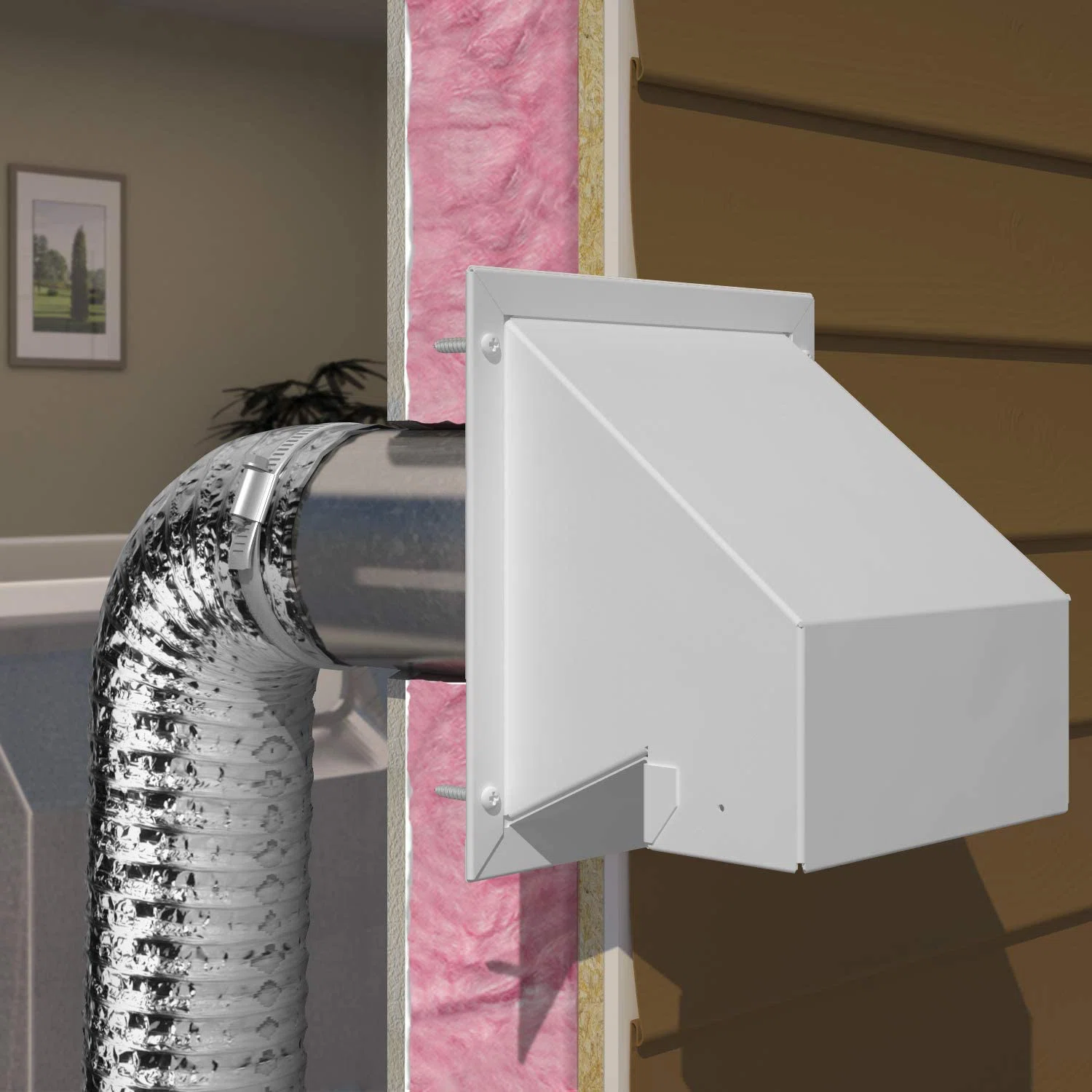






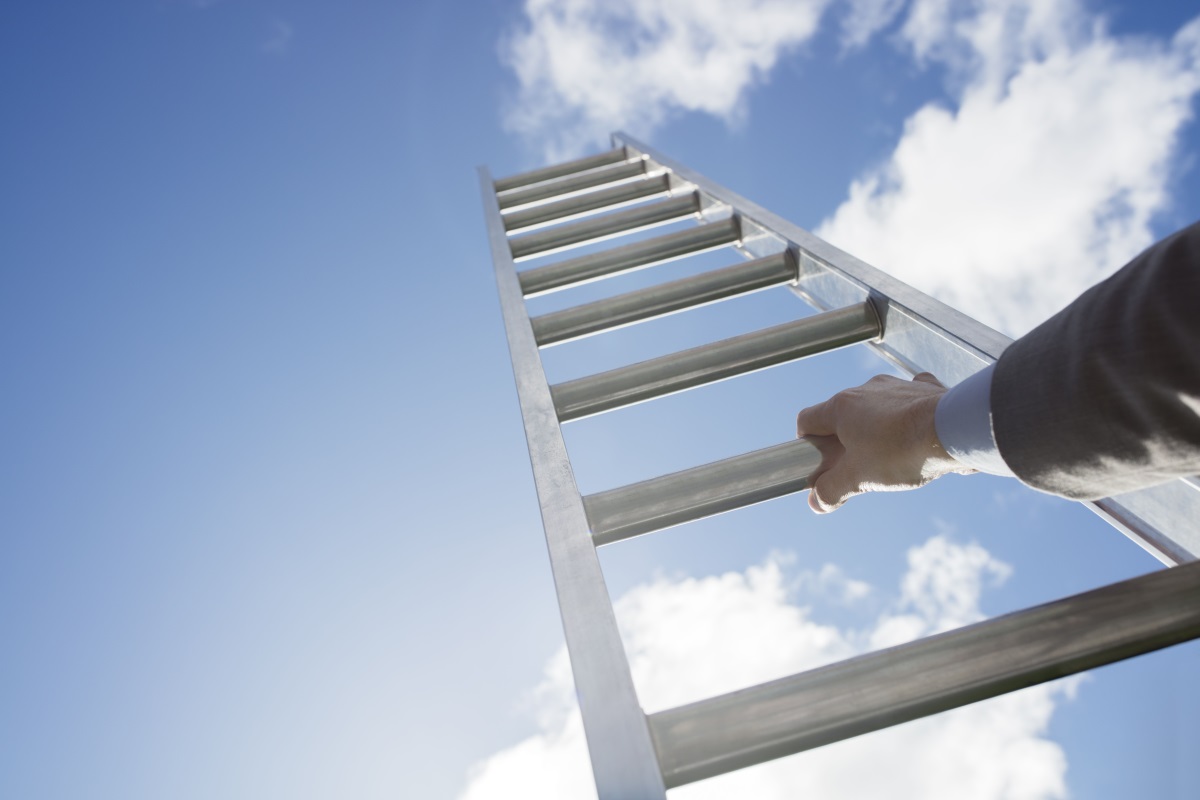

0 thoughts on “What To Do If You Fall Off A Ladder”